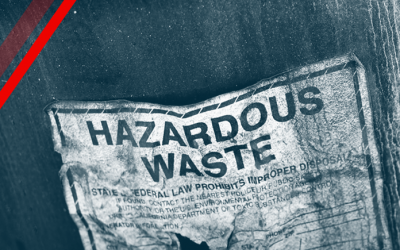Hazardous waste removal processes involve numerous steps. One of the most crucial is how to select a proper and compliant hazardous waste container. This is not a one-size-fits-all process, as the right container for the job depends on factors that include the type of waste, its weight or volume, and its components.
Service Request
Have waste that requires compliant handling or disposal? Fill out our service form and an MCF Environmental Representative will get back to you quickly with next steps!
Please note we do not provide disposal services for household waste
















